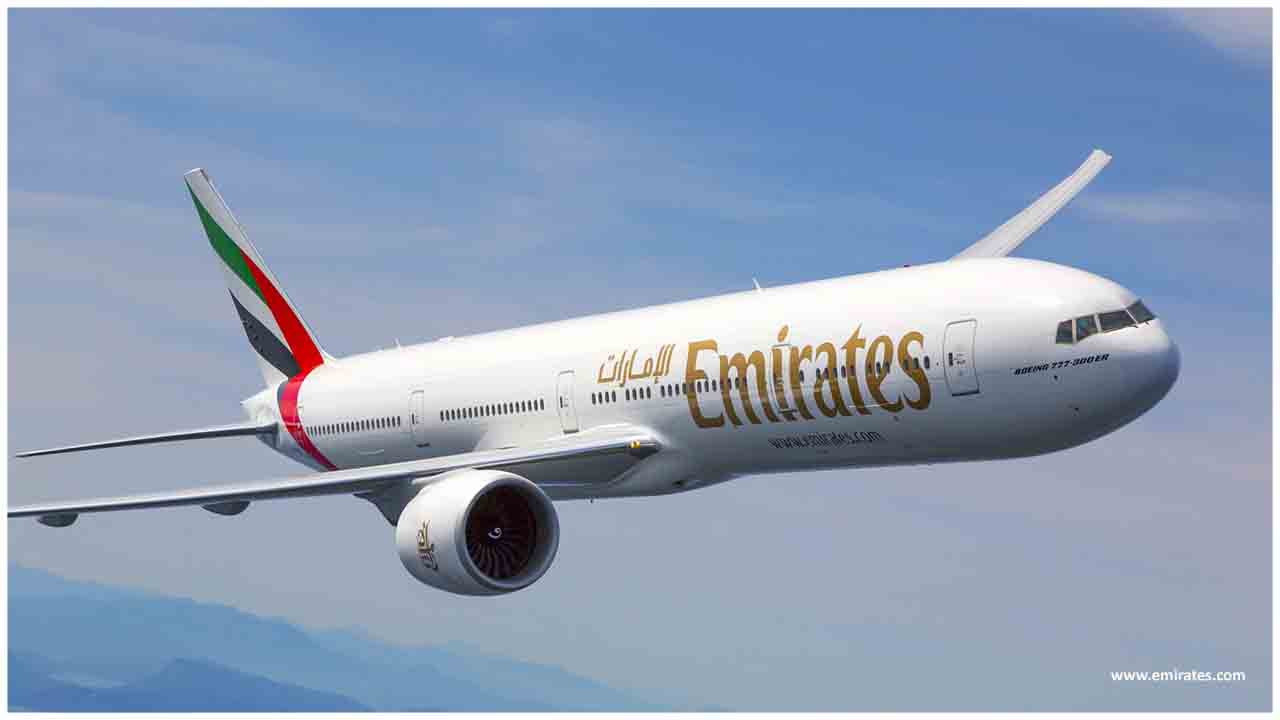Emirates carrier said Thursday it was ridiculous to set up social removing on an airplane by departing seat void to check the spread of coronavirus, as the expense would be too high to even consider bearing.
The Middle East's biggest transporter, which works an armada of 270 wide-bodied airplanes, stopped activities in late March as a major aspect of worldwide shutdowns to help contain the infection.
Emirates continued activities fourteen days after the fact on a restricted system and plans to travel to 58 urban communities by mid-August, down from around 157 preceding the emergency.
"So much discussion about social removing inside the airplane is pleasant," Boutros, Emirates' head of corporate correspondences, told a business gathering in Dubai. "In any case... we might want to return to typical."
"The economy of the airplane is based on filling it, filling the seats," he said. "Having space (unfilled) I don't believe will be a choice except if the traveler is eager to pay."
"What we wish for is a certain something, however, the fact of the matter is another."
The transporter has been compelled to cut a tenth of its workforce in cutbacks that could ascend to 15 percent or 9,000 occupations.
Before the emergency hit, Emirates utilized approximately 60,000 staff, including 4,300 pilots and about 22,000 lodge team.
Its leader Tim Clark has said that it could take as long as four years for activities to come back "somewhat of typicality".
Dubai Airports CEO Paul Griffiths told that the meeting that the effect on the city's universal air terminal was "quick" and "sensational".
"We went from 1,100 trips on a run of the mill day, 280,000 travelers, down to 17 trips over the course of about three days," he told participants, whose seats were divided far separated under social removing rules.
He said that 44,000 travelers had experienced the air terminal in the whole month of May, about the equivalent "that we ordinarily experience... in four hours".

 The Middle East's largest carrier, which operates a fleet of 270 wide-bodied aircraft, halted operations in late March as part of global shutdowns
The Middle East's largest carrier, which operates a fleet of 270 wide-bodied aircraft, halted operations in late March as part of global shutdowns










.jpeg)


.jpg)





.jpeg)





.jpg)


.jpg)



